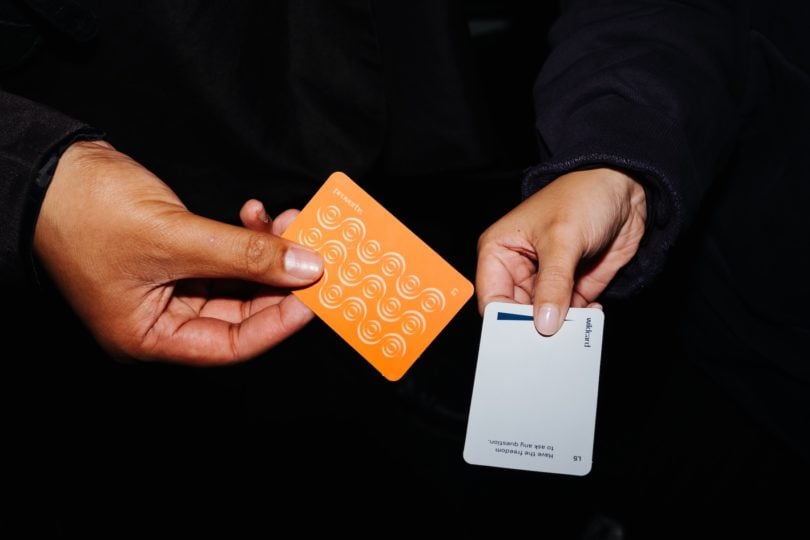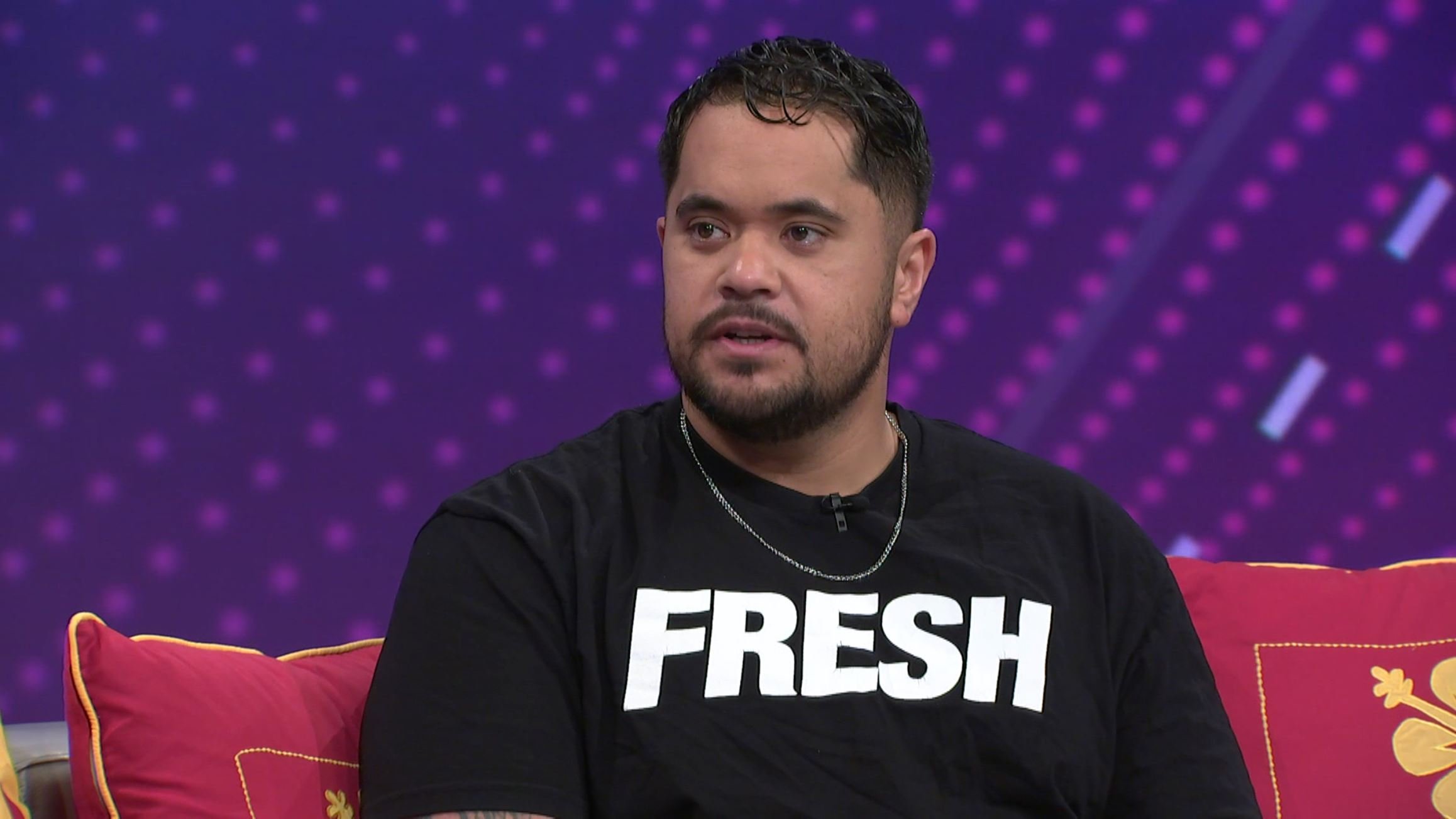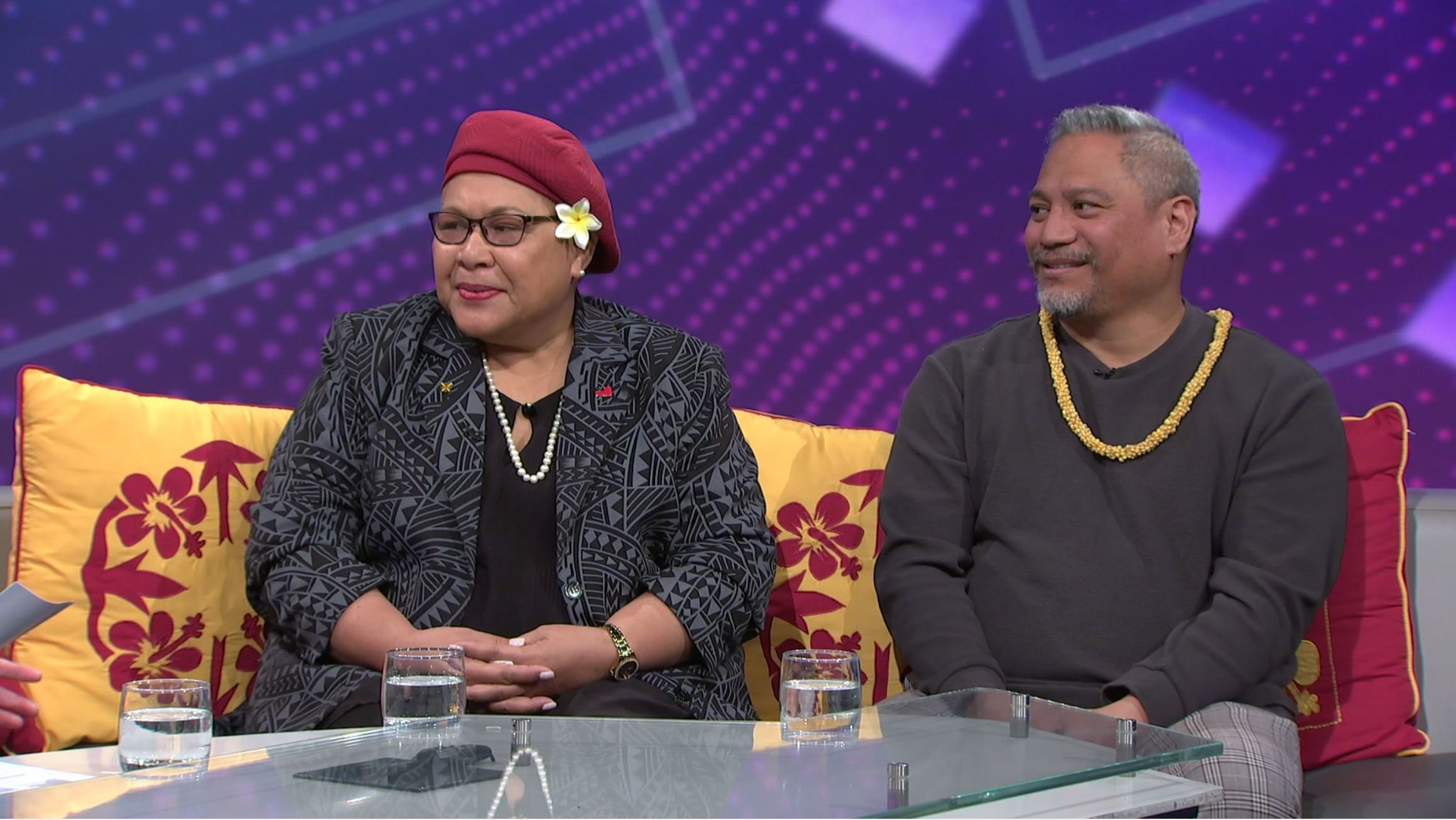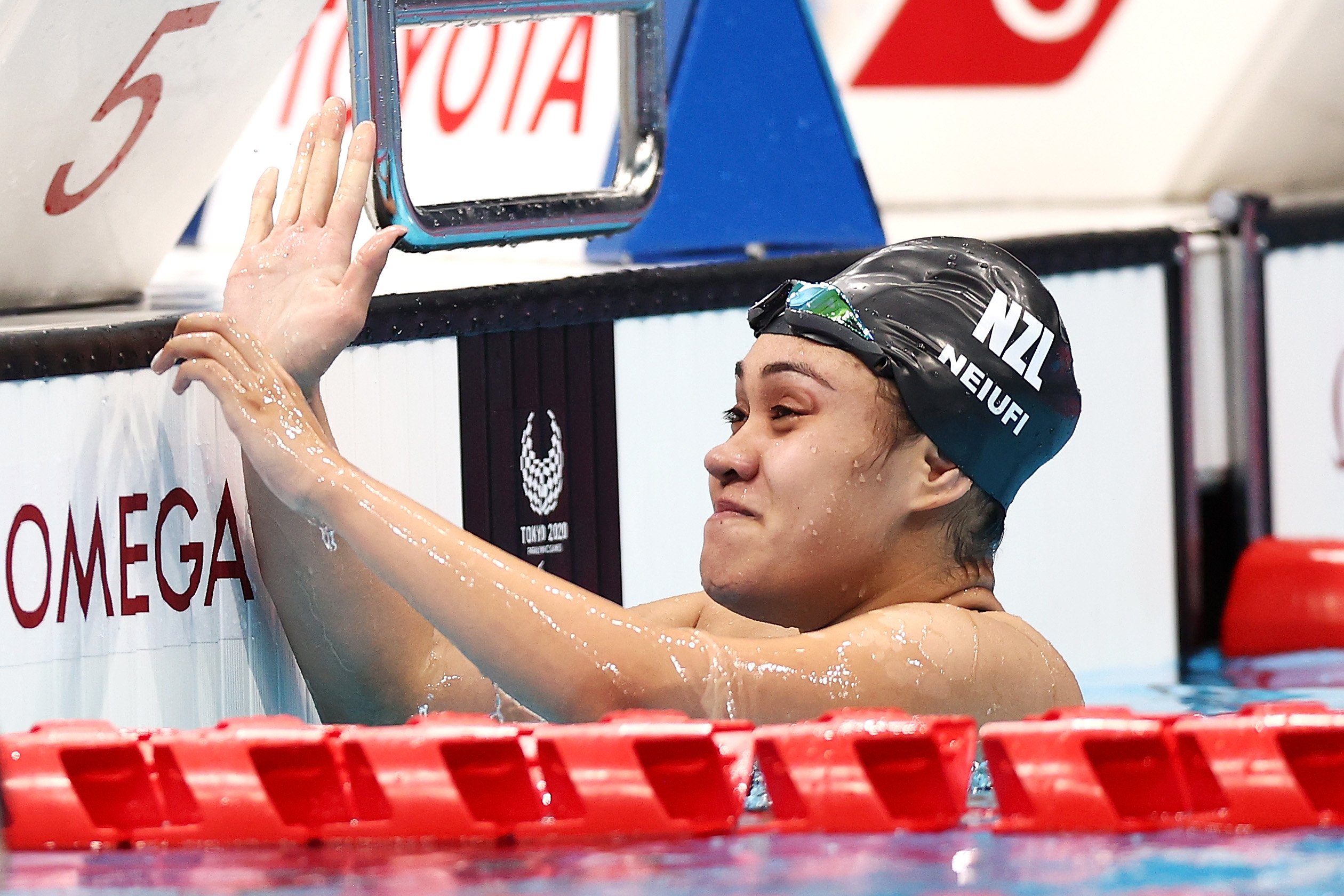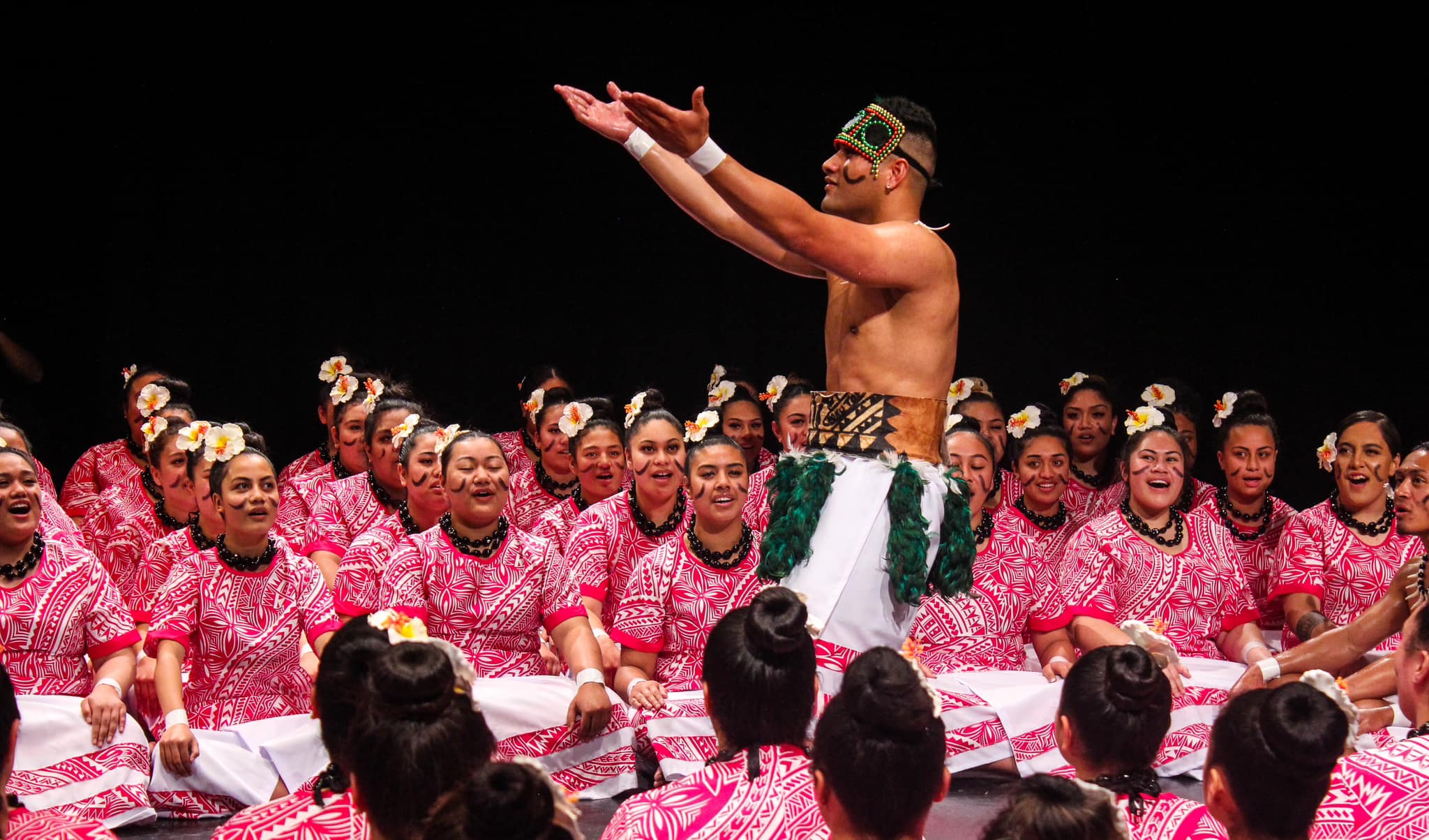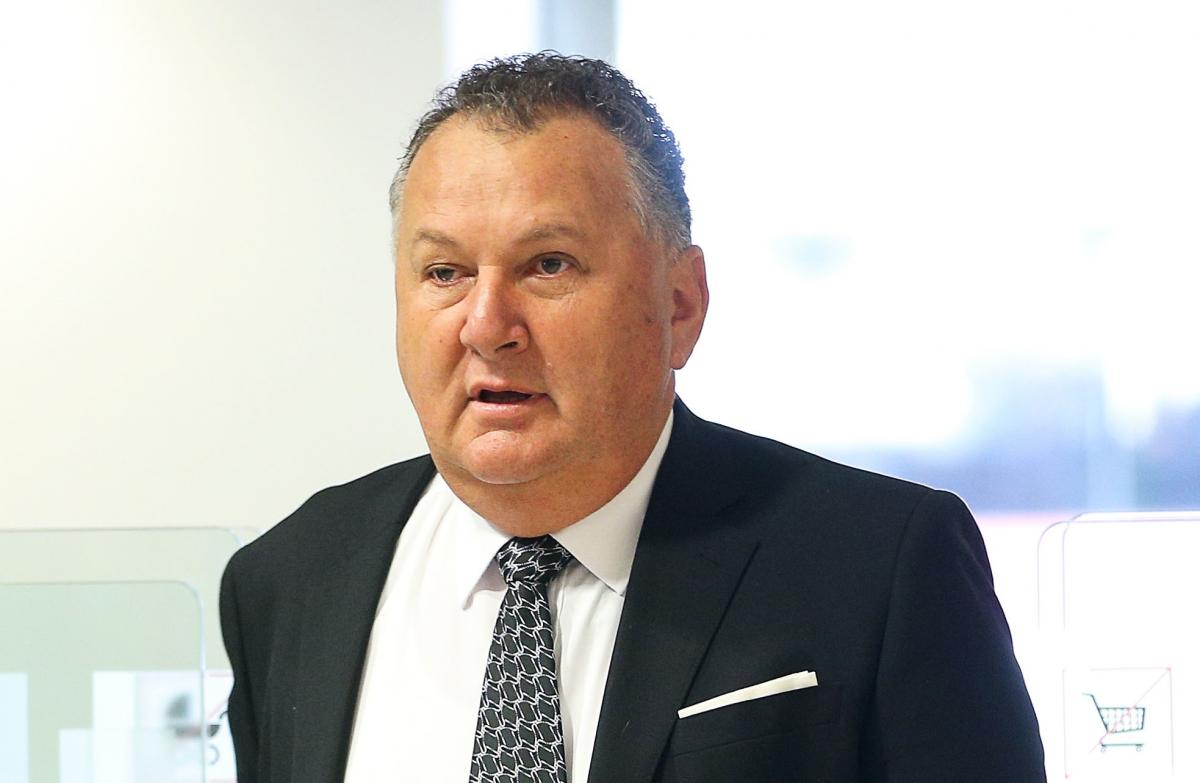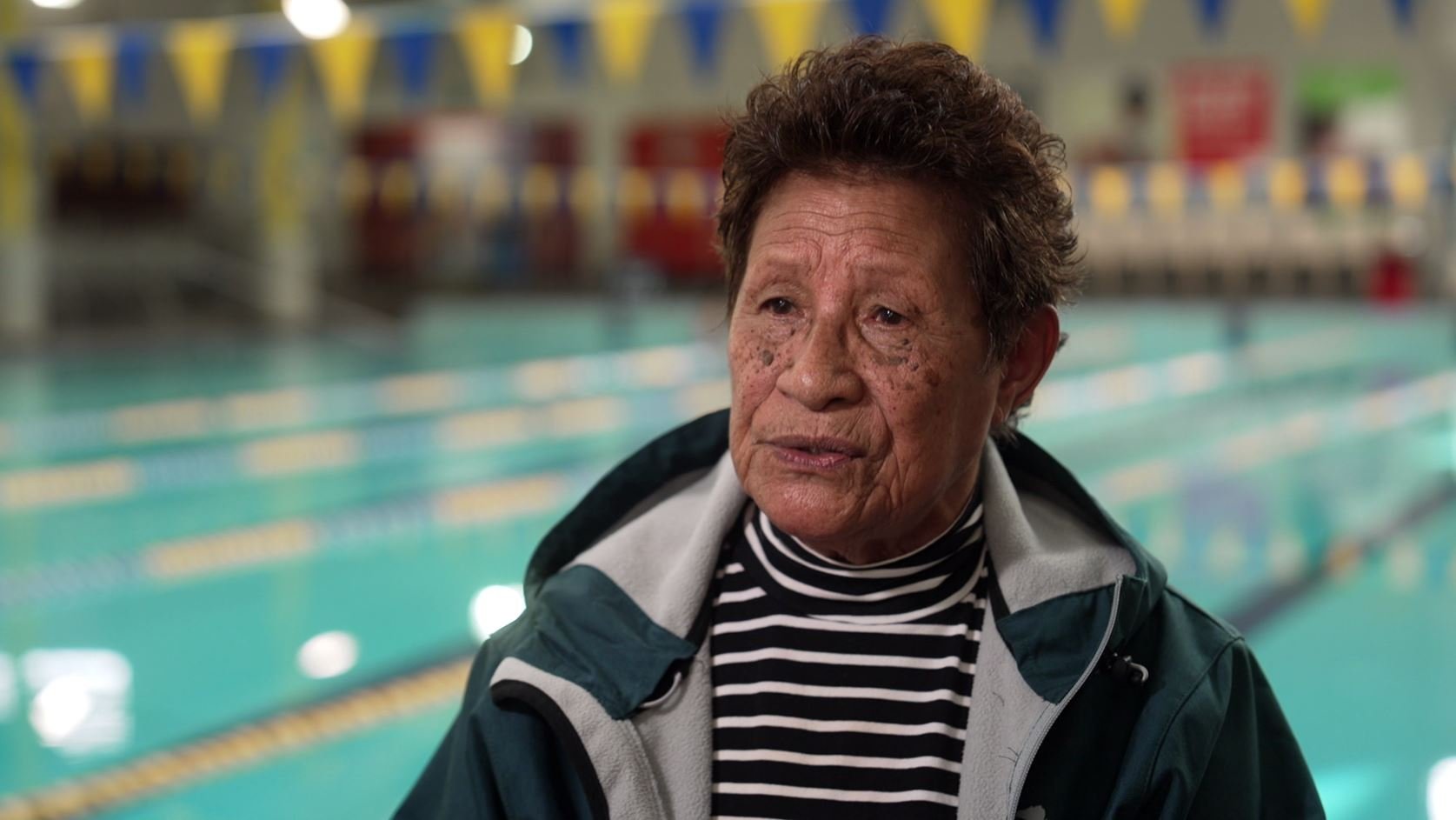
By Sarah Robson of rnz.co.nz
The disability allowance is a weekly payment of up to $65 to help people with regular ongoing costs because of a disability.
It can cover things such as doctor’s visits, medicines, extra clothing or travel.
To claim the disability allowance, people must provide their receipts and get the costs verified by their doctor.
CCS Disability Action chief executive David Matthews said that process is too onerous.
“It requires applicants to go through a whole series of hoops and we actually think it becomes too hard for many people, and I think that gets reflected in the figures that get presented.”
Official data from the Ministry of Social Development – obtained by CCS Disability Action – shows persistent inequity in median disability allowance payment amounts between Pākehā, and Māori and Pasifika, dating back 10 years.
In the March 2020 quarter, the median amount paid to Pākehā recipients of the disability allowance was $13.65 a week.
But for Māori the amount was $9.70.
And for Pasifika it was $6.15.
Over the course of a year, that meant Pākehā received about $700, Māori about $500 and Pasifika get $320.
Pacific disability advocate Kramer Hoeflich said the figures were shocking, but not surprising.
“It’s been like that for a while, and the Pacific community has been asking for change in this and for an increase in benefit money around disability support.
“It was no surprise to me seeing it, because we are definitely not accessing the full amount that we are meant to be,” he said.
Hoeflich said many Pacific people didn’t know they were entitled to extra help or how to access it.
Hoeflich became disabled after an accident at the age of 15 – so his parents handled his benefits and allowances.
Like many other Pacific families, he said they were grateful for whatever support they were able to get – even if it wasn’t enough.
“We knew we needed more, but we were too afraid to go back, even though I said, ‘I’m going to go back, I’m going to go back’.
“But of course my parents were going, ‘no do not go back, because what happens if you go and you might accidentally lose what they’re giving you, so just be thankful for what you’re getting’.”
Jonathan Tautari is a Pou Ārahi with CCS Disability Action, working with Māori whānau in Auckland and Northland.
Disabled Māori and Pasifika often have high needs, so he said the figures were concerning.
“The fact that the data shows that they’re receiving less support, that should set off some great big alarm bells.”
Tautari also said the support people got could depend on the staff member they see at the Ministry of Social Development.
He helped a mother recently who was told by one person she couldn’t claim transport costs for her disabled child, but was told by another person she could.
“So there you have two separate understandings by MSD staff and it really has a huge impact on somebody’s ability to be supported,” he said.
Hoeflich said Pacific families needed advocates to support them through the process, so they can access their entitlements.
Ministry of Social Development group general manager client service delivery Kay Read said they were concerned by the disparities in median payments to different ethnic groups.
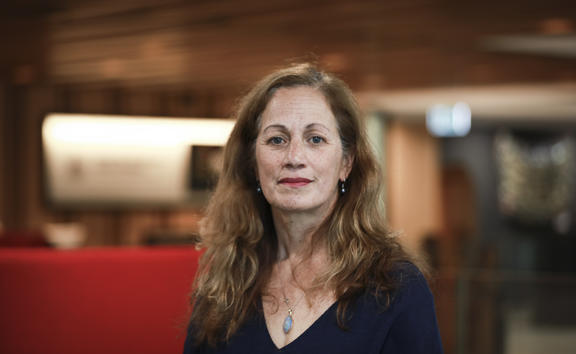
However, the ministry can’t pinpoint any one reason for it.
“We will be looking further at what we can do to improve communication about the allowance, so clients are aware of the allowance and how to claim it, particularly focussing on Māori and Pacific clients,” Read said.
CCS Disability Action wants the allowance paid at a flat rate – with people eligible for it, provided it’s confirmed they have a disability.
“If we started with a flat rate entry point for all disabled people, then we would remove that initial set of hoops that everybody goes through which we think are having a negative effect,” Matthews said.
If people have extra needs, there could be some top-ups available, he said.
Social Development Minister Carmel Sepuloni has asked her ministry to look at whether a flat rate can be applied fairly.












